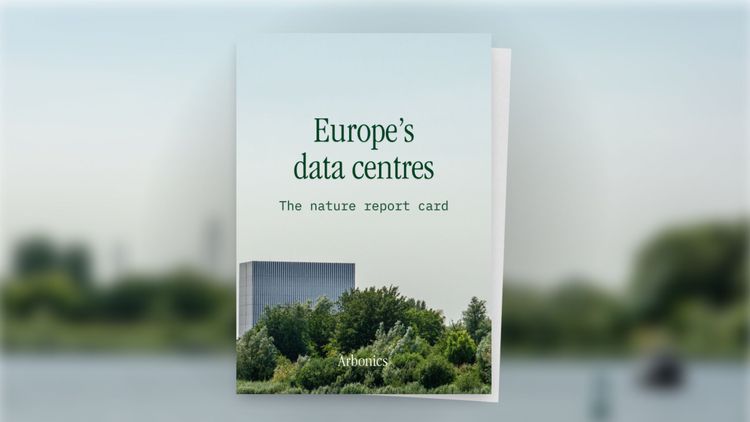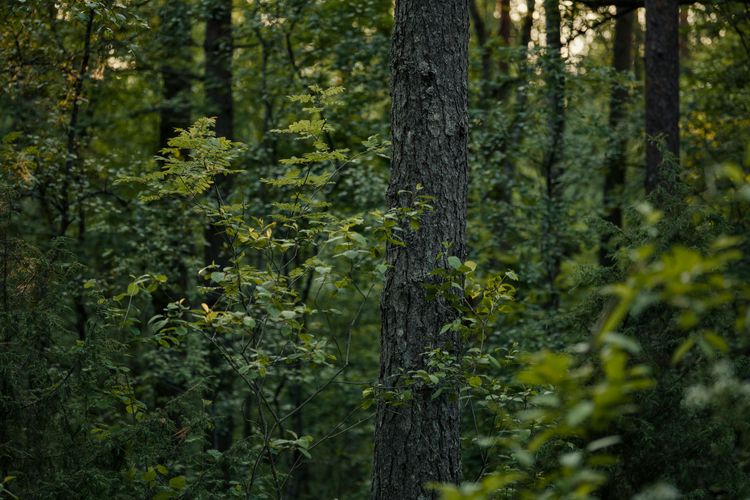Empowering Nature: Arbonics' digital leap in Europe
Nature has had a tough year. Arbonics has raised a 5.5M EUR seed round and is standing at the forefront of the green revolution. We are building something that will create a tangible change already this decade.
The Global Carbon Budget 2023 was released last week. A leading group of scientists have provided some insightful reading for fellow climate nerds out there. I will bring out some valuable macro learnings from that research.
While COP28 delegates doubled down on dialogue, CO2e emissions are set to hit a record high this year.
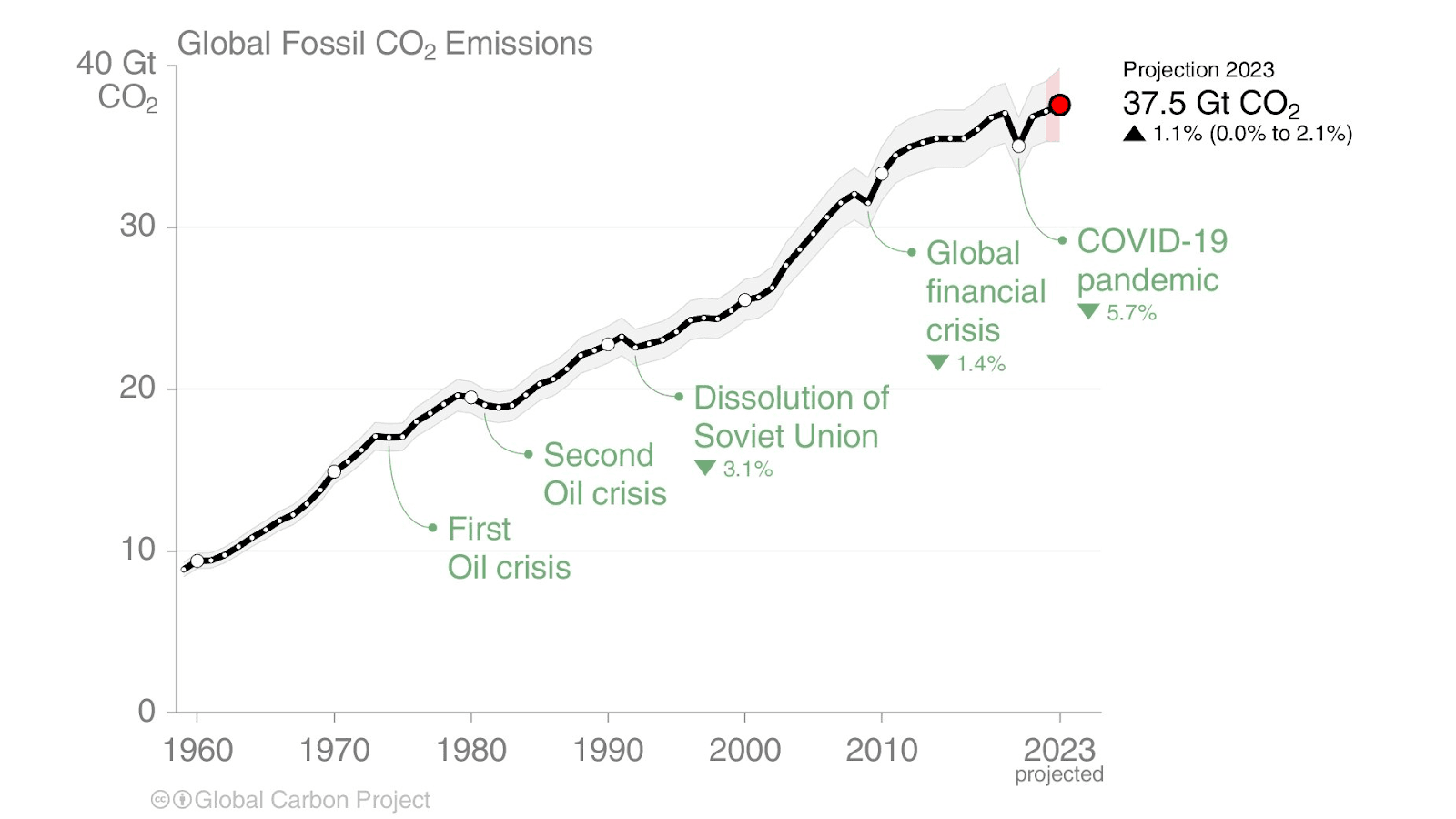
But instead of a long story about how horrible this is (it is), I will talk about real and tangible solutions.
A long-term, global perspective reveals that the primary driver of our current climate crisis is the extensive use of fossil fuels. On the chart the emissions above zero contribute to carbon negativity, while those below zero are carbon positive. However, an often overlooked aspect is the ongoing battle against climate change led by our natural ecosystems. As deforestation continues to exacerbate the problem (evident in the detrimental effects of land-use changes), the oceans and terrestrial landscapes are striving to counterbalance these impacts. Due to the rising global temperatures, these natural areas have stepped up their game in carbon sequestration - it's as if nature itself is trying to combat the carbon overload. Yet, despite these valiant efforts, nature is currently on the losing side of this critical fight. This raises a crucial question: how can we effectively bolster nature’s resilience and turn the tide in this all-important battle?
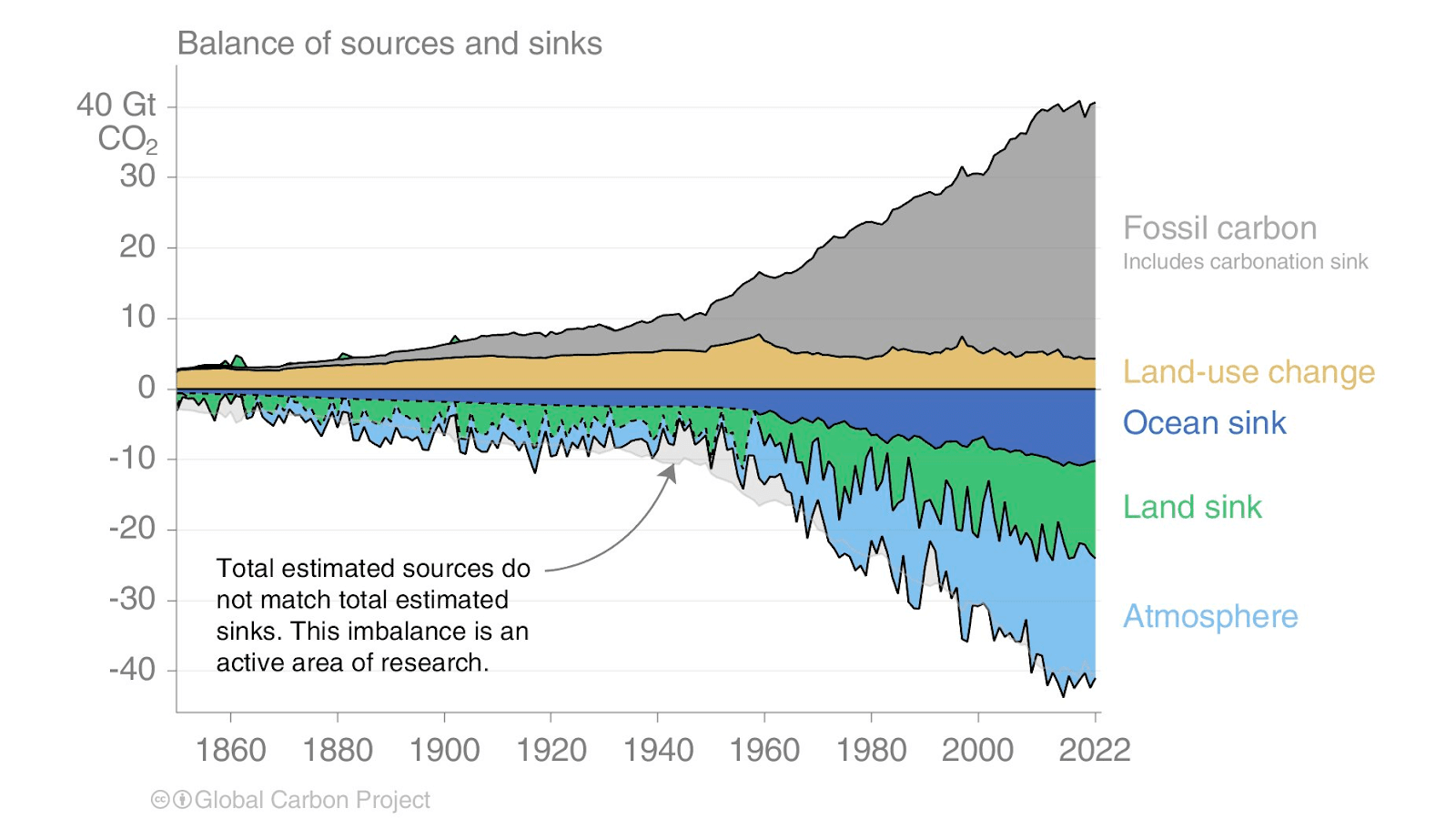
Currently, humanity's reliance on fossil fuels contributes to approximately 37 gigatonnes of CO2e emissions each year. In contrast, our natural ecosystems, comprising forests and soil carbon, are doing their part to mitigate this impact, albeit at a significantly lower scale – sequestering about 2.2 gigatonnes of CO2e annually.
However, based on a synthesis of various research findings, as illustrated in a key slide from our seed round presentation, there's a promising potential that lies untapped. By simply altering our land use practices, nature's capacity for carbon sequestration could be dramatically increased to between 10-12 gigatonnes of CO2e per year. Such an enhancement would mean addressing over a quarter of the total carbon emissions from fossil fuels.
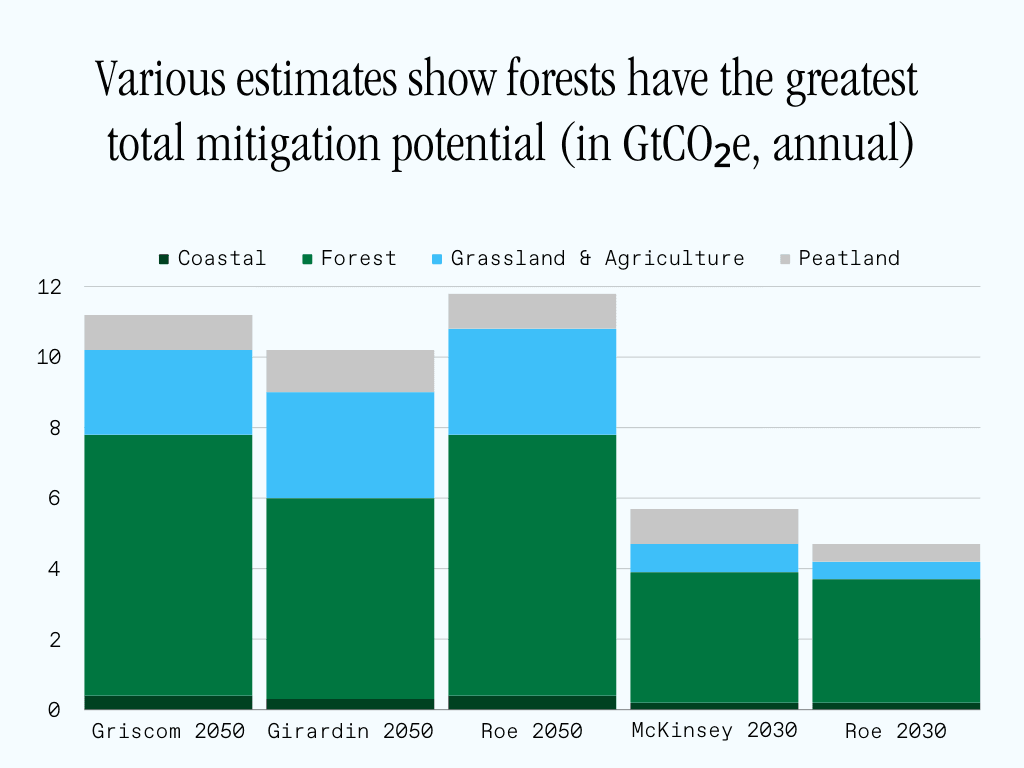
Remarkably, forests could contribute to approximately 80% of this enhanced carbon sequestration, positioning them as potentially the most significant allies in our battle against climate change. The path forward, as I see it, is straightforward yet profound: we must enable and encourage landowners globally to increase forest coverage, thereby making a tangible impact in the fight against climate change.
However, the journey towards this goal has not been without its challenges. This year, we've witnessed some setbacks that have sparked global debate and scrutiny. High-profile projects, like the Kariba project in Zimbabwe, have faced criticism, casting a shadow over many nature-based financing initiatives.
It's important to acknowledge that some of the criticism levied against current practices in carbon markets are well-founded and serve as crucial feedback for the industry's growth. Carbon markets, still in their infancy, are facing several teething problems, which is a natural part of their evolution. Key among these challenges are:
- Lack of transparency. A significant number of projects are currently falling short in adequately tracking and reporting how carbon sequestration is actually being accomplished. This lack of transparency is a major concern that needs addressing.
- Lack of scientific validation. For instance, the methodology used by the Kariba project was fundamentally flawed, leading to unsubstantiated carbon credit estimates.
- Lack of robust legal frameworks. Given that forestry carbon projects can span several decades (up to 50-70 years), it's imperative that they are underpinned by strong legal structures and protections. Ensuring the longevity and efficacy of these projects requires that they are supported by solid and unassailable legal agreements.
With the support of our fresh funds, our team at Arbonics is building a solution that will solve all of the problems listed above.
Complete transparency in action
Our innovative software is designed to create a 'digital twin' of each forest under our management. This advanced technology enables us to monitor and record every aspect of the forest's state, tracking changes in real-time. For those investing in carbon credits, this means unprecedented access to a digital summary of each land area contributing to their carbon offsetting efforts.
Scientifically proven approach
We are increasing our team of scientists and engineers fourfold next year. We are using Verra’s methodologies for verification quality and are adding our data models on top of that to come up with the highest possible nature based solution.
Legal protection at its core
Beginning our journey in Europe, we're positioning ourselves in a region renowned for its robust legal frameworks around carbon projects. With the Carbon Removals and Carbon Farming Regulation (CRCF), we ensure the highest level of legal protection for carbon buyers, setting a precedent for the global carbon market.
In addition we will work with Biodiversity Enhancement: Our approach extends beyond carbon metrics. We are dedicated to measuring and enhancing biodiversity, ensuring that our impact on ecosystems is both positive and profound.
Despite the challenges, Arbonics has made significant strides. Currently operating in four countries, our goal is to cover 50% of European forests by the end of next year. Our software has already aided over 7,000 landowners, and with our latest funding, we aim to reach millions more.
